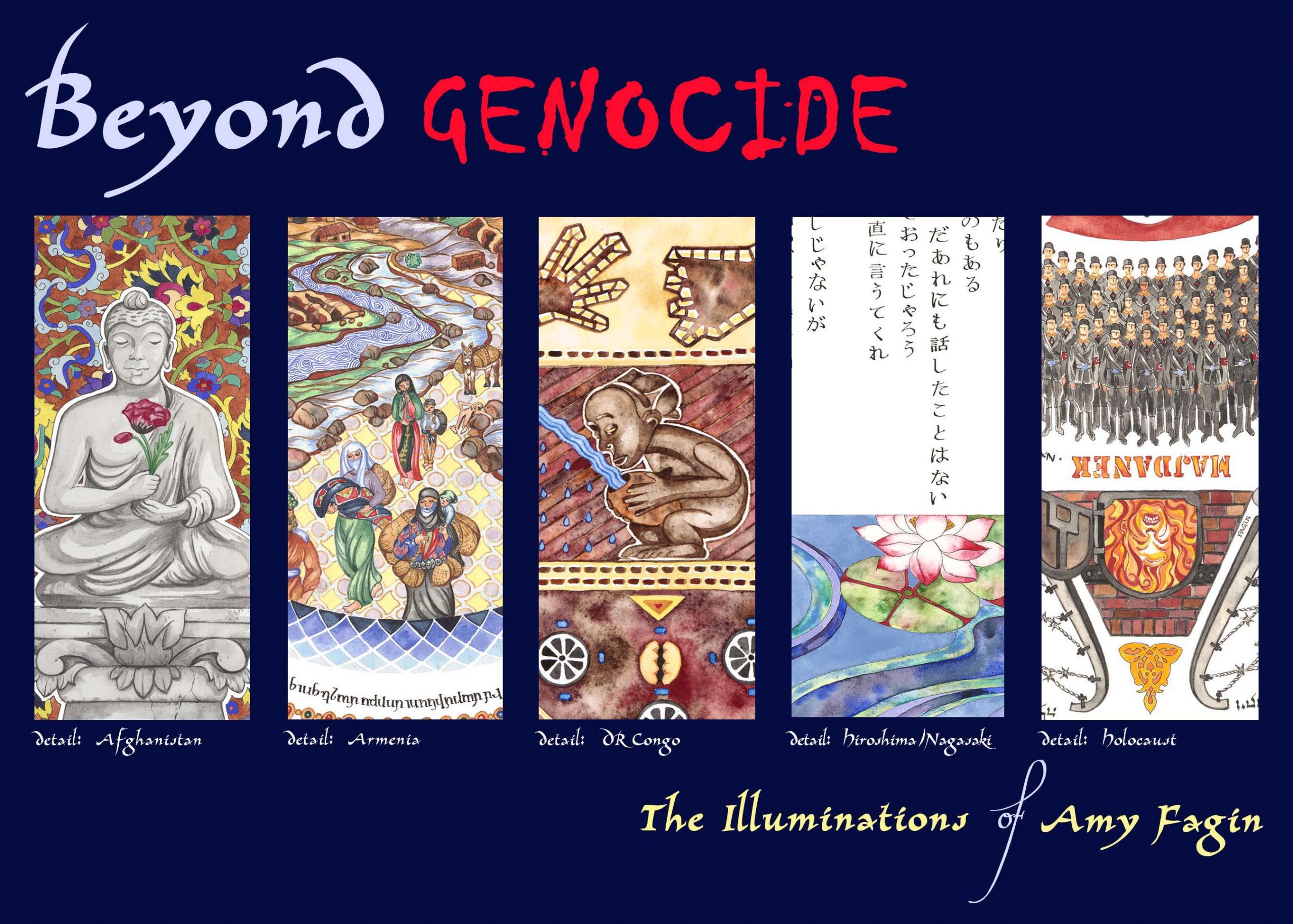As I sit in the comfort of my home office, exploring the internet for articles, definitions and images to help crystallize my desire to understand and make a plea about a perceived unjustifiable act of genocide; I have to admit to you that I have not had the opportunity to visit Aleppo. I have read about exotic international art fairs and music festivals in the city. I know that Aleppo boasts a pantheon of succeeding civilizations predating Christ by over 2000 years; from the Amorites, to Hittites, Assyrians, Persians, Greeks and Romans all claiming their rightful role in the ancient history of the Middle East. In recent years the city of Aleppo caught my attention when hearing about cultural highlight news stories celebrating the city’s revival. These stories whetted my thirst for an adventure to explore this ancient, multifarious and historically intricate city.
Today a “Google” image search of Aleppo brings up obliterated city blocks and buildings; desperate and injured people walking dazed amidst utter destruction. I recall in early spring of this past year, news reports covering “white noise” car bomb blasts in the city and in other parts of the country killing dozens to hundreds of people with every blast, almost every day. Escalation of bombings in frequency and volume began to dominate the news broadcasts this fall with reports of leveled kindergartens; hospitals; residences and businesses. News of government warplanes and attack helicopters circling overhead and pounding rebel territories peppered the airwaves back here amidst the splendor of the New England fall season. Other tragic reports about looting on a mass scale of museums and monuments around the entire country pricked a deep part of my conscience with excruciating apprehension for the safety of the country’s cultural monuments and museum collections. Then the stunning news broke wide in October of the obliteration of Aleppo’s Medieval Souk, Great Mosque, Citadel and other sections of the old city designated as UNESCO World Heritage Sites.
Without a strategic change of geopolitical aspirations the destruction of Syrian civilization appears imminent and likely beyond recovery for generations to come, if recovery is even possible. As powerless as I feel about having any singular influence over this ongoing, distant lands’ cultural genocide, I feel as though I must put words to my troubled conscience. As intimidated as I feel about speaking out publicly about an issue I have no personal experience with, silence over this matter feels cowardly and inexcusably apathetic.
In the process of crafting this citizen’s appeal as a complaint against the Syrian Government of committing cultural genocide upon own country I learned that Syria is a signatory to the 1954 Hague Convention for the Protection of Cultural Property in the Event of an Armed Conflict. Has any action been taken with regards to this treaty and its member states? Have any other member states enacted any collective address to this blatant violation of this agreement?
With regards to making a plea for legislation of the cultural genocide perpetrated upon the citizens of Syria (please, legal scholars, forgive my lay-persons simplicity here): It appears that this matter is not privy to ICC criminal jurisdiction as there is no specific and independent article in the UN Convention on Genocide which recognizes that the mass destruction of cultural property can be legally classified as a form of genocide. A clearly defined article outlining the destruction of cultural property, as a means to destroy the group in whole or in part, as a form of genocide must be adopted to the Convention’s provisions. An article with this specific declaration would support Lemkin’s original concept of genocide; which expressly recognizes that destruction (vandalism) of a groups’ cultural property, and by extension the groups’ right to exist, could be an act of genocide.
